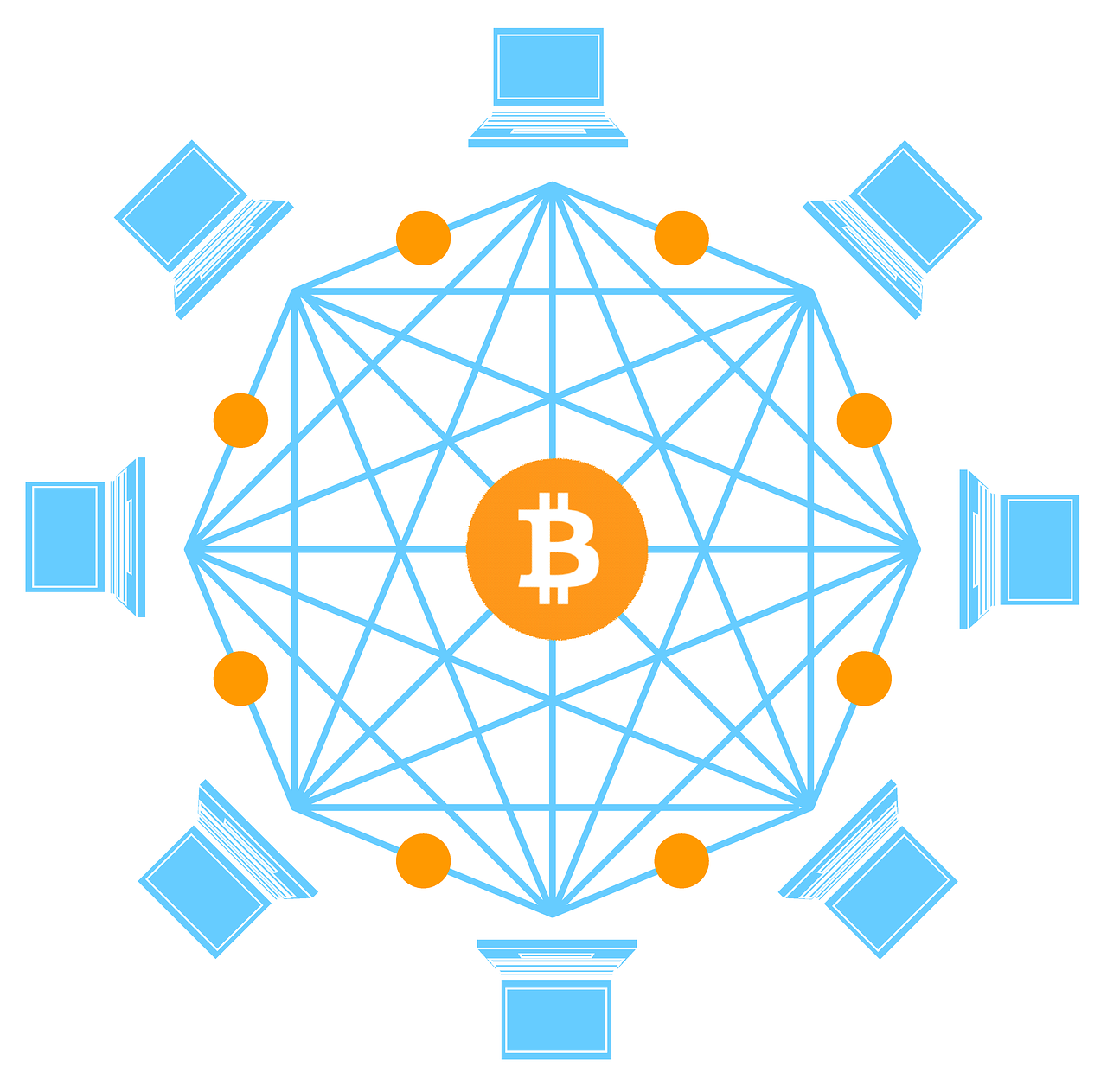Cryptocurrency mining is a topic that has captured the imagination of both tech enthusiasts and investors alike. It’s often referred to as the process of „unearthing digital gold“ because, similar to traditional gold mining, it involves a considerable amount of effort and resources to extract valuable assets. In this article, we’ll delve into the fascinating world of cryptocurrency mining, exploring what it is, how it works, and why it matters in the world of digital finance.
What is Cryptocurrency Mining?
Cryptocurrency mining is the process by which new units of a cryptocurrency are created and transactions are verified and added to the blockchain, which is the decentralized ledger that underpins most cryptocurrencies. Miners use powerful computers to solve complex mathematical puzzles, and in return, they are rewarded with newly created cryptocurrency tokens and transaction fees.
How Does Cryptocurrency Mining Work?
- Proof of Work (PoW): The most common method of cryptocurrency mining is called Proof of Work. Miners compete to solve complex mathematical puzzles, and the first one to solve it gets to add a new block of transactions to the blockchain. This process requires substantial computational power, and miners often form mining pools to increase their chances of successfully mining a block.
- Proof of Stake (PoS): An alternative to PoW is Proof of Stake. In PoS-based cryptocurrencies, validators (equivalent to miners) are chosen to create new blocks and validate transactions based on the number of coins they hold and are willing to „stake“ as collateral. PoS is considered more energy-efficient compared to PoW.
Why is Cryptocurrency Mining Important?
- Transaction Verification: Mining is the backbone of cryptocurrency networks. Miners ensure that transactions are valid and secure by verifying them and adding them to the blockchain. This process is crucial for maintaining the integrity and trustworthiness of the cryptocurrency network.
- Issuance of New Coins: Mining is how new cryptocurrency tokens are created and distributed. This is a fundamental aspect of many cryptocurrencies, as it helps control inflation and incentivizes miners to participate in securing the network.
- Decentralization: Cryptocurrency mining contributes to the decentralization of the network. Unlike traditional financial systems, where a central authority controls transactions, cryptocurrency mining allows for a distributed and trustless system.
Challenges and Controversies
- Energy Consumption: Proof of Work mining, as seen in Bitcoin, is notorious for its high energy consumption. Critics argue that the electricity usage associated with mining is unsustainable and harmful to the environment. In response, some cryptocurrencies are exploring more eco-friendly consensus mechanisms like Proof of Stake.
- Centralization: As mining has become more competitive, it has led to the centralization of mining power in the hands of a few large players or mining pools. This concentration of power can potentially undermine the decentralization ethos of cryptocurrencies.
- Regulatory Scrutiny: Cryptocurrency mining faces regulatory challenges in various countries. Governments are concerned about its potential for money laundering, tax evasion, and its impact on local power grids.
Conclusion
Cryptocurrency mining is an integral part of the world of digital finance. It plays a vital role in securing blockchain networks, issuing new coins, and maintaining the trust of cryptocurrency users. However, it is not without its challenges and controversies, particularly in terms of energy consumption and centralization. To find more about crypto mining to look to the article.
As the cryptocurrency landscape continues to evolve, so too will the methods and technologies used for mining. The industry is actively exploring more sustainable and efficient approaches to address these issues. Whether you view it as a technological marvel or a potential environmental concern, cryptocurrency mining remains a topic of great interest and debate in the world of finance and technology. More information about look to the homepage.


















